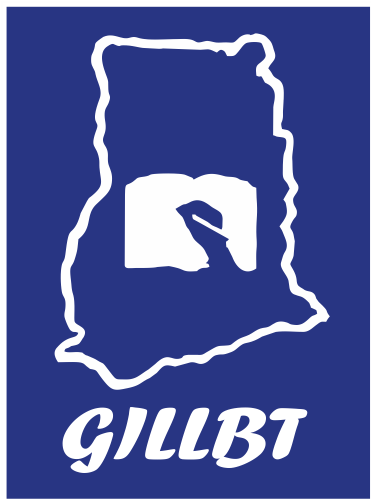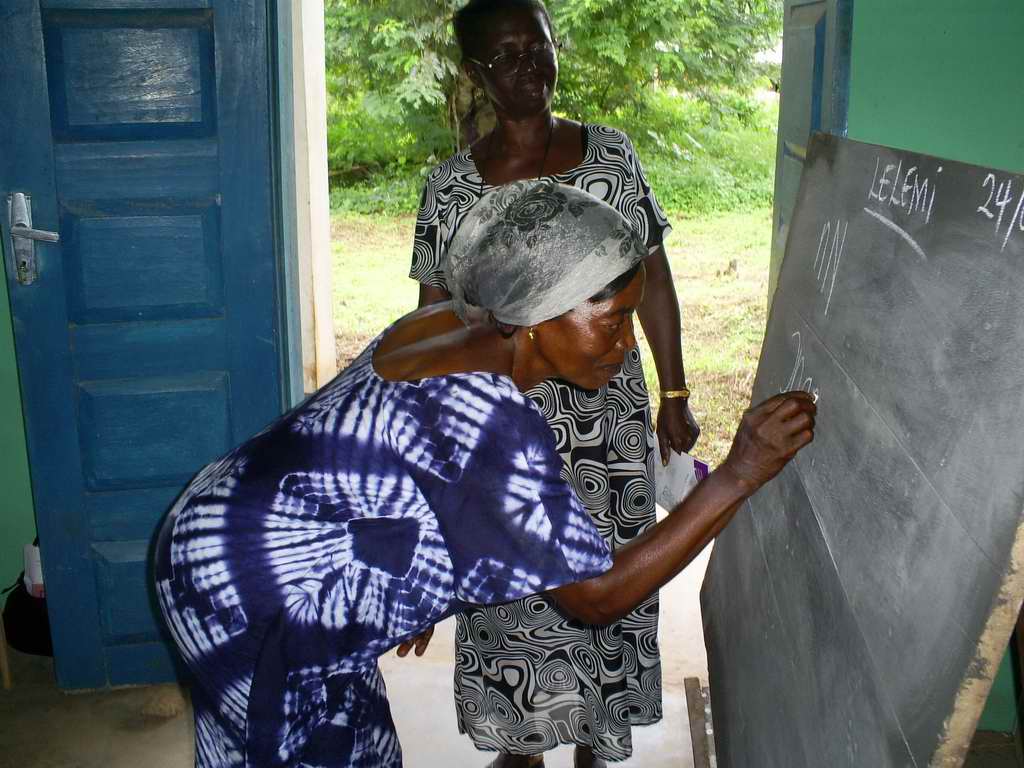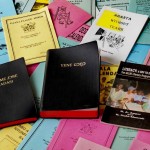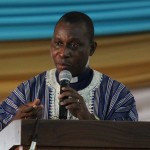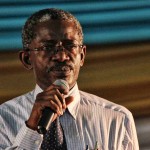In 1987, SIL linguist Benjamin F. Elson wrote a linguistic creed, encapsulating what he believed about language. Here it is.
- We believe that language is one of God’s most important gifts to man, and of all human characteristics, language is the most distinctly human and the most basic. Without language, culture and civilization would be impossible.
- We also believe that any language is capable of being a vehicle for complicated human interaction and complex thought, and can be the basis for a complex culture and civilization.
- Therefore, all languages deserve respect and careful study.
- As the most uniquely human characteristic a person has, a person’s language is associated with his self-image. Interest in and appreciation of a person’s language is tantamount to interest in and appreciation of the person himself.
- All languages are worthy of preservation in written form by means of grammars, dictionaries, and written texts. This should be done as part of the heritage of the human race.
- Every language group deserves to see its language in print and to have some literature written in it.
- Minority language groups within a larger nation deserve the opportunity of learning to speak, read, and write the national language.
GILLBT subscribes to Elson’s creed. But we would like to add some items.
- Language development is a critical component in national development. It helps ensure that all of the population is mobilized because those who do not understand cannot be mobilized.
- The development of all Ghana’s languages promotes unity. History has shown that when a language is marginalized, those who speak it may feel that their identity is threatened which can lead to resistance and even violence. When uniformity is enforced, unity is unstable. On the other hand, when people feel that their regional identity is included in the national identity, the unity of the nation is enhanced.
- Educating children or adults in languages they do not fully understand results in high dropout rates, high failure rates, and mediocre education.
- Promoting our indigenous languages is fully compatible with promoting English as an international language. Indigenous languages have their rightful spheres of use as does English. Most Ghanaians speak more than one language. They do not choose to speak only one and not others. Our attitudes toward language should be informed by their wise choice.
- No language is better than another to communicate with God.
- Development requires transfer of knowledge. Knowledge can only be transferred through a language. When needed information is presented only in languages people do not master, development is hindered. Also, people cannot promote or advocate for development they do not understand.
- The deepest changes, such as calling into question traditional beliefs and practices and adopting new practices, can only happen when the whole person is engaged – intellect, will and emotions. Our mother tongues engage all these aspect of our person.
-
Leaders, including church leaders, must see that all those under their care receive critical information in languages they fully understand, regardless of social class, gender, or age.
- Development and Christian faith are expressed differently in different cultures. Therefore, our different cultures and mother tongues are key vehicles for faith and development.
Here are some quotes which support GILLBT’s creed.
“Christianity does not erase culture, but weaves itself into the culture to create a rich tapestry” – Rev. Prof. J D K Ekem, Conference on the State of Bible Translation, September 2012, Legon
“There is no way that we can be both African and Christian without engaging with the mother tongue” Prof B Y Quarshie, Conference on the State of Bible Translation, September 2012, Legon
“Local languages are not morphology and syntax, they are a people’s identity” Prof B Y Quarshie, Conference on the State of Bible Translation, September 2012, Legon
“The language you use to talk to your wife should be the language you use to pray to God, and the language you use to pray ought to be the language in which you do theology.” Prof. Andrew Walls, Conference on the State of Bible Translation, September 2012, Legon
“You [GILLBT] have not just taught people to read. You make people feel that they are part of this country whether they have formal education or not.” Professor David Millar, Harmattan School, February 2012, Tamale
GILLBT believes that our indigenous languages can be a resource for unity and national development in all spheres, including faith, if we continue developing them.
